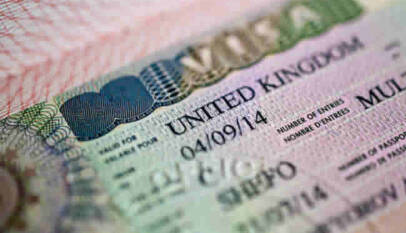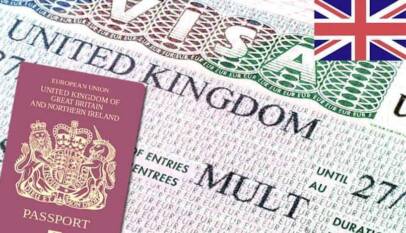Photo: President of European Union Commission, Ursula von de Leyen and UK Prime Minister, Keir Starmer
The United Kingdom and the European Union have reached a landmark post-Brexit agreement aimed at resetting diplomatic and economic relations, ahead of a high-level UK-EU summit in London hosted by Prime Minister Keir Starmer.
The new deal, confirmed by EU diplomats, includes three major documents approved by all 27 member states: A Security and Defence Partnership, a Joint Statement of EU-UK Solidarity, and a Common Understanding on trade, fishing, and youth mobility
This agreement is seen as the most significant diplomatic breakthrough between London and Brussels since the UK formally exited the EU in 2020.
Key Provisions of the UK-EU Agreement:
- Fishing Rights Extended: The UK has agreed to allow European fishing vessels access to British waters for 12 years after the current deal ends in 2026.
- Trade Barriers Eased: In exchange, the EU will indefinitely lift red tape on UK food imports, offering relief to British exporters and reducing post-Brexit friction.
- Youth Mobility Left Open-Ended: On the sensitive issue of UK-EU youth mobility, both sides adopted broad wording, deferring specifics to future negotiations. London remains cautious about any arrangement resembling freedom of movement.
A Post-Brexit Reset in UK-EU Relations: The agreement signals a shift toward pragmatic cooperation under Prime Minister Starmer’s government. The UK-EU summit in London is expected to formalise the new partnership and set the tone for future collaboration in areas such as European security and defence cooperation, Cross-border trade and regulatory alignment, Academic and youth exchange programs
Officials hope the deal will rebuild trust after years of post-Brexit uncertainty and chart a new course for UK-EU relations based on mutual respect and shared interests.
While the agreement addresses key areas, several issues remain unresolved. Detailed talks are expected in the coming months, especially around mobility agreements, immigration policy, and regulatory divergence.
Nonetheless, the current framework is being hailed as a turning point in UK-EU diplomacy, offering the potential for stability, economic growth, and long-term collaboration.





































